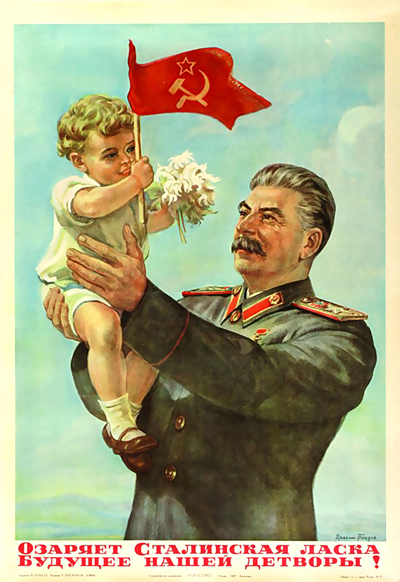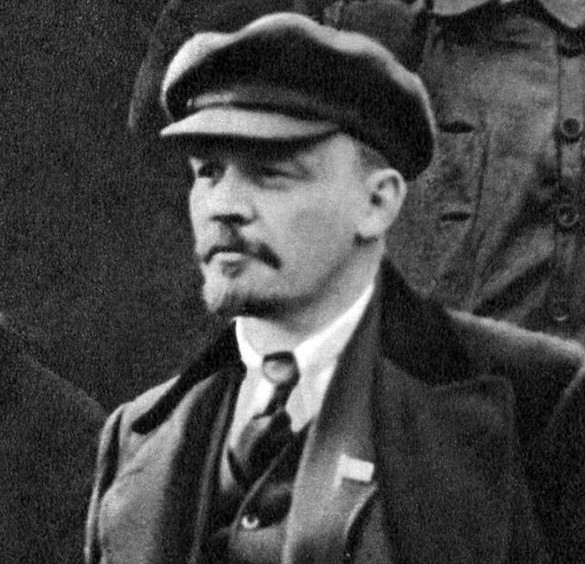In Capital Vol1, Marx says “Labour, then, as the creator of use-values, as useful labour, is a condition of human existence which is independent of all forms of society; it is an eternal natural necessity which mediates the metabolism between man and nature, and therefore human life itself.”
This needs no interpretation as it’s pretty atomic in its wording.
But in the German Ideology he says “Labour is free in all civilized countries [that is, it has become wage labour — labour that can be freely sold by its owner]; [in the communist society] it is not a matter of freeing labour but rather of abolishing it”.
This, to me is saying kind of the opposite of what he said in Capital. He is now saying that labour is NOT a condition of human existence which is independent of all forms of society. He is saying that it’s existence would be abolished in Communism, and therefore IS dependent on the form of society.
How do people generally interpret this?
To me, the excerpt from Capital Vol 1 makes a lot more sense, because I don’t understand how labour could ever be completely abolished (unless you have self-repairing robots that do everything)
Thank you.
One thing that may help you understand these differences is the timeline: The German Ideology was written in 1846, more than 20 years before Das Kapital was published, in 1867. The excerpt in Capital, which does indeed make more sense, was Marx’s more updated thinking.
However, I can easily see how the excerpt in German Ideology is also correct, because capitalism depends on the selling of labour force by the workers. However, automation may substitute certain labour activities, but the capitalist system still requires the selling of labour force, which eventually develops a technical requirement for the maintenance of machines, even if that means leaving the poorly educated workers hungry. Or it forces the creation of useless jobs, such as marketing callers, sign wavers, etc… In a communist society, automation is, in contrast, a beneficial thing for all wokers, because they are reducing the need for labour without the pressure to work that is typical of capitalism.
Labour wouldn’t be, in a sense, abolished, but the necessity for labour would be with each automation of labour.


